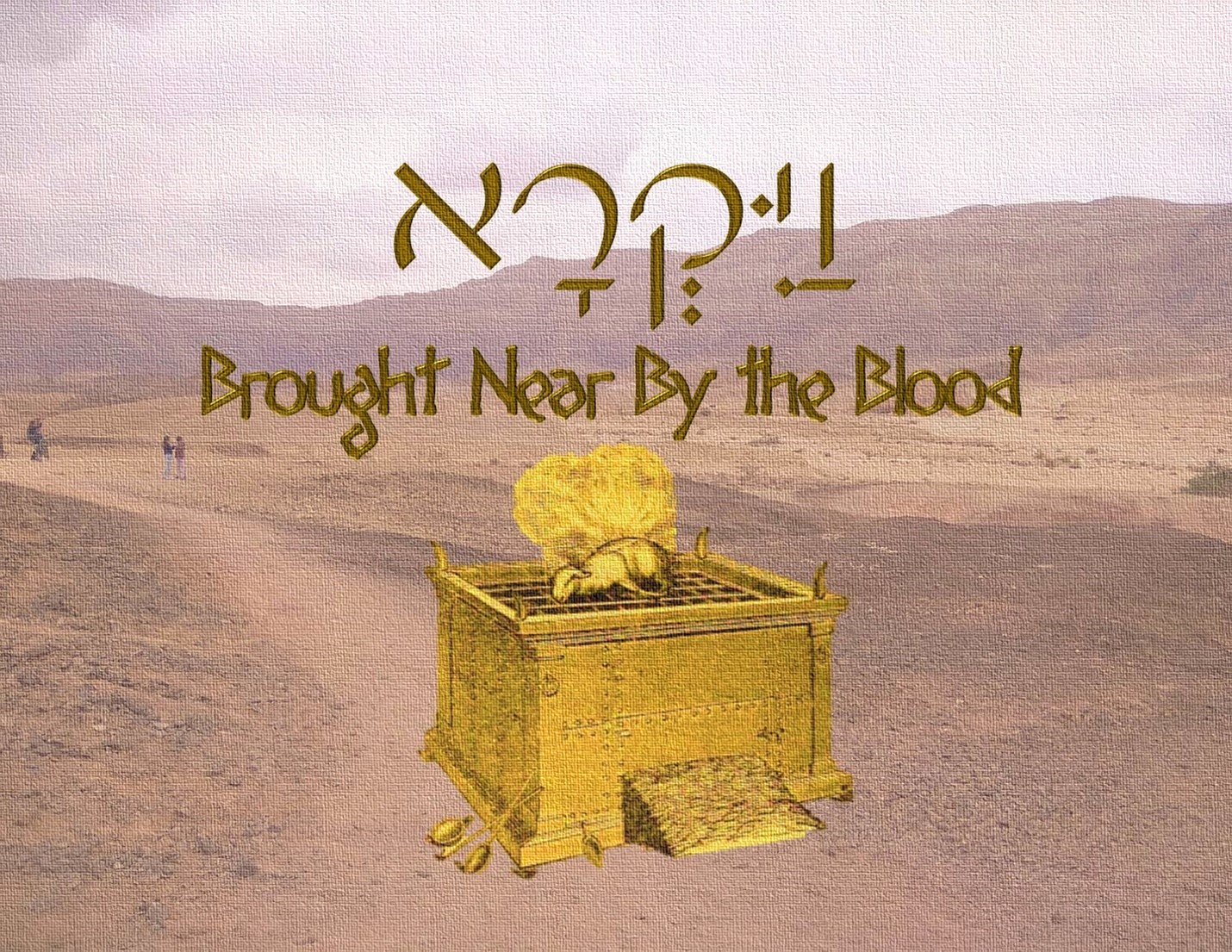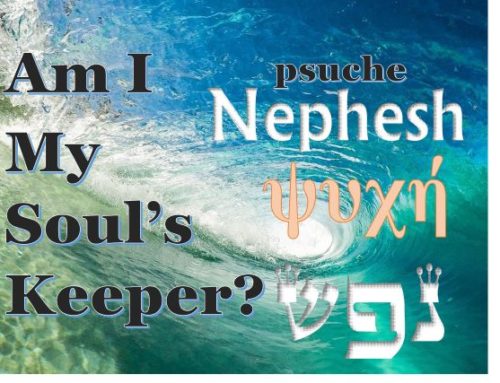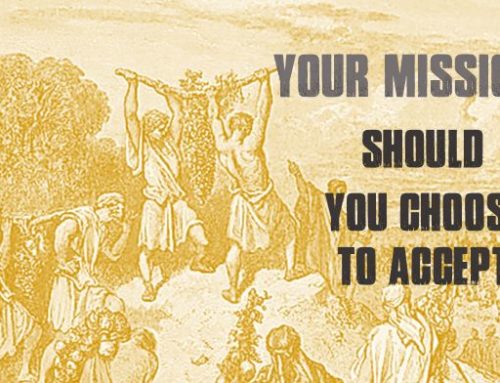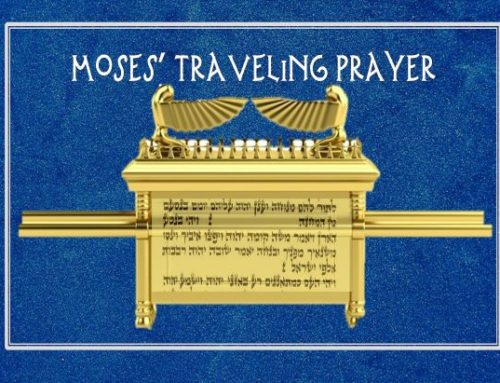Torah Portion, Vayikra, Leviticus 1.1-6.7, Haftarah, Isaiah 43.21-44.23
“Speak to the children of Israel, and say to them: ‘When any one of you brings an offering to the Lord, you shall bring your offering of the livestock—of the herd and of the flock. ‘If his offering is a burnt sacrifice of the herd, let him offer a male without blemish; he shall offer it of his own free will at the door of the tabernacle of meeting before the Lord.” Leviticus 1.2-3 NKJV
Yeshua told the story of a young man on the run. Running from responsibility, relationships, and ultimately himself. How do we know he was running from himself? Because after being reduced to feeding pigs, it says, “he came to himself”. Our Torah portion, Vayikra, is about coming to ourselves and finding our way back home. Sin demands a sacrifice, and Leviticus describes five sacrifices, the whole burnt offering, grain offerings, peace offering, sin offering and the guilt offering. Moses is revealing a remedy for running from God, and a way back. What about the prodigal in Yeshua’s parable? How did he make it back? His self-actualization is our realization of sin. His return describes our redemption. But rather than a sacrifice, he brought himself as a type of sacrifice preparing the calves of his lips in confession. Yet there would be a death. The father himself provided a sacrifice. We dare not dismiss these sacrifices in Vayikra as relics of Tabernacle history, they represent you! So, for the next few moments we want to ask. What do I need to do to come near to God, and what needs to die in the process?
I. Brought to Closeness
“Speak to the children of Israel, and say to them: ‘When any one of you brings (yakriv) an offering (korban) to the Lord, you shall bring your offering of the livestock—of the herd and of the flock.” Lev. 1.2 NKJV
Sin has an alienating effect. The need to hide overtakes a person in sin. Marriages become estranged, children become distant, careers and friendships are broken because of sin. Ultimately, a person withdraws himself from the problem, leading to a fractured existence.
The Hebrew word for sacrifice is korban. But this word has little to do with the death of the animal. Korban is related to the Hebrew karov meaning, close or near. Through confession of sin and the sacrifice, one is brought near to God. Yet, no one today can offer the prescribed sacrifices in our Torah portion as the Temple no longer exists. How then can we find atonement and restoration? How can we experience wholeness with God, our family, ourselves? Thankfully, a sacrifice has been made, once and for all eternity, through Yeshua’s shed blood.
“But now in Christ Jesus you who once were far off have been brought near by the blood of Christ.” Ephesians 2.13 NKJV
But as we will see, the instructions of Leviticus reveals that we have a part in taking hold of the sacrifice, and we have a part in making sure the blood is applied.
II. Brought to Wholeness
“When his offering is a sacrifice of a peace offering, if he offers it of the herd, whether male or female, he shall offer it without blemish before the Lord.” Lev. 3.1 NKJV
The peace offering was not tied to sin. It was a free will offering. The word peace offering, zevah shelamim, speaks of shalom (peace) but more so wholeness (shalem). The act of coming into the presence of God, and not coming empty handed, was a means of peace and wholeness. Is there a peace offering today?
“For He Himself is our peace, who has made both one, and has broken down the middle wall of separation.” Eph. 2.14 NKJV
Not only do we find peace with God, but there is peace in the body of Messiah. Whether Jew or Gentile, poor or rich, we are one in Messiah. But there is another element of the wholeness. In Messiah we have a peace offering for our soul. Our broken, fractured, existence can be restored in Him.
III. Brought to Forgiveness
“Then he shall put his hand on the head of the burnt offering, and it will be accepted on his behalf to make atonement for him. He shall kill the bull before the Lord; and the priests, Aaron’s sons, shall bring the blood and sprinkle the blood all around on the altar that is by the door of the tabernacle of meeting.” Levitius 1.4-5 NKJV
Our text describes sacrifices for peace, sin and guilt. It describes the sin of someone who should have testified on another’s behalf and yet they kept silent. That has to be atoned for. (Lev. 5.1-6) Intentional and unintentional sin has to be atoned. (Lev. 4.22-29) Embezzlement, theft, and deception must be atoned. (Lev. 6.1-7) With theft, not only is the blood necessary to atone for the sin before God; restitution is also required.
One could not simply send a sacrifice to the Temple. It was not the sacrifice but the sinner who was brought near. The man or woman had to lay their hand on the animal. Some how there was a transfer of guilt. The lamb or bull stood in place of the man or woman. Paul said that it was through the blood of Yeshua that we are brought near. But that only applies if someone has reached out to touch Yeshua. What do I mean? Have you heard someone say that there are many paths to right relationship with God. Some argue that everyone will enter Heaven, whether they receive Yeshua or not. Leviticus is telling us that blood is necessary for atonement. Since the destruction of the Temple, only one sacrifice remains for humanity. One spotless lamb has been sacrificed once and for all to take away sin. The question is, have we taken hold, laying our hands on this eternal sacrifice?
There is No Atonement Except in Blood
Some eighteen years ago, I went into a shop in Jerusalem, where my older friend Raymond began to share the Gospel. Raymond quoted the book of Hebrews to the shop keeper regarding the necessity of a covering for our sin.
“And according to the law almost all things are purified with blood, and without shedding of blood there is no remission.” Heb. 9.22 NKJV
The man argued that such a verse is not found in the Hebrew Bible. He suggested atonement can also come through works, restitution, repentance, however the shedding of blood was no longer an option. Is this true? Are good works and our own righteousness enough? Repentance and restitution are required, yet they can only bring a measure of remission. They can never atone for man’s soul. The shedding of blood is the only one agency of atonement for man’s fractured, sinful soul.
“For the life of the flesh is in the blood, and I have given it to you upon the altar to make atonement for your souls; for it is the blood that makes atonement for the soul.” Lev. 17.11 NKJV
Though the shopkeeper argued that blood was not the only means, even the Talmud has a statement in agreement with the writer of Hebrews.
“אֵין כַּפָּרָה אֶלָּא בְּדָם שֶׁנֶּאֱמַר כִּי הַדָּם הוּא בַּנֶּפֶשׁ יְכַפֵּר…” יומא ה’ א
“There is no atonement except in blood, as it is said, ‘for the blood makes atonement for the soul’”. Yoma 5a (author’s translation)
Conclusion
Perhaps you are like that prodigal, sitting beside your sin. It has failed to nourish as you had hoped. Yeshua’s parable was never about a young man’s hungry stomach. It revealed humanities starving soul, a soul living in conflict and contradiction. But there, in a faraway place, he came to himself. And while yet far off, he formulated words to say to his father.
There is a peace and wholeness offering for you today. There is a sin and guilt offering to bring you near. The Father is waiting. The moment you begin, He will run to meet you. And yes, there will be a sacrifice. Your Father has made available the choice Lamb of God, slain from the foundation of the world, as atonement for your soul. In other words, before He created the universe, He made provision for you. Before you ever sinned, H made a way to bring you home. Won’t you take hold of the sacrifice today?
Shavua Tov from Zion
